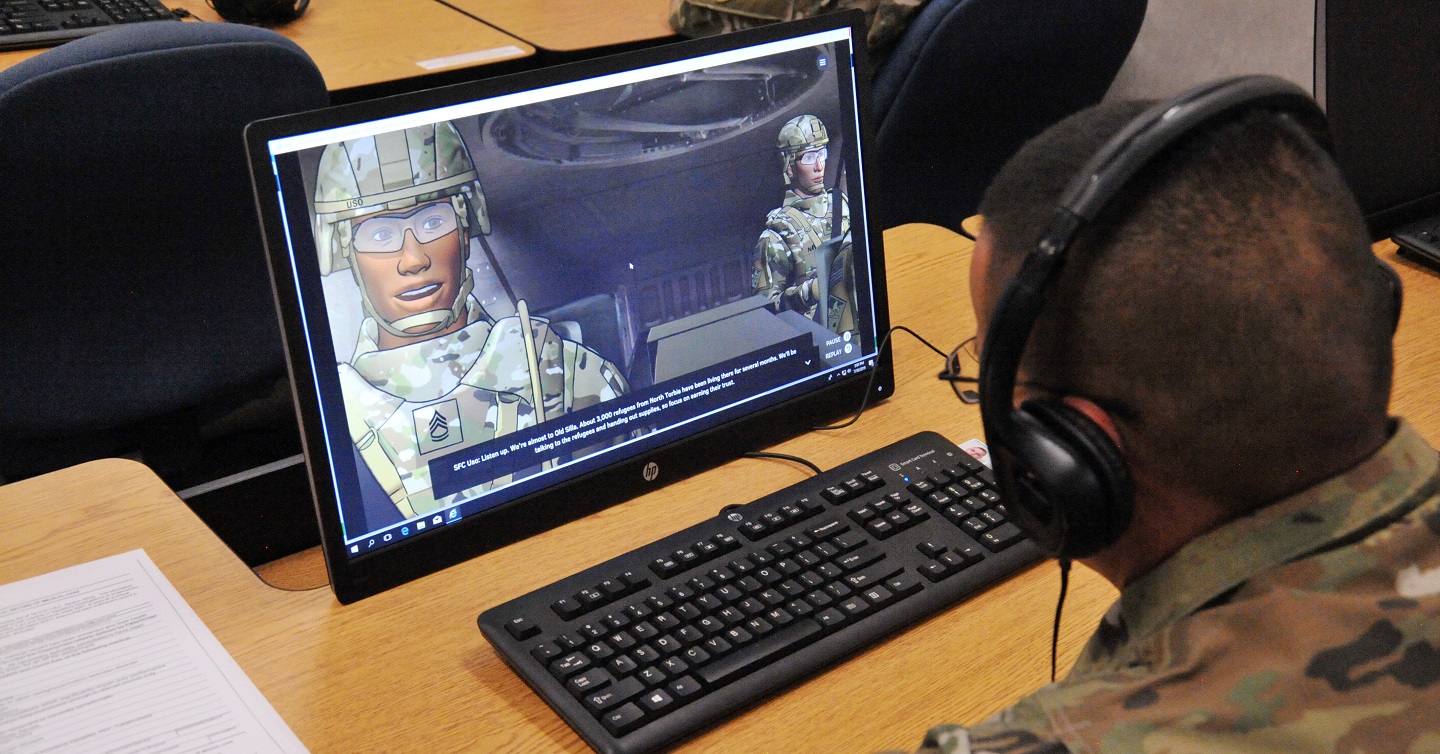
Long before COVID saw much of the country locked in their homes operating on laptops and tablets, conducting business and meetings and school and training, there was a significant portion of the population that was already learning via distance education. The military has always had a portion of the force that accomplished professional military education (PME) via correspondence (an antiquated term at this point) and in the last two decades a significant portion of annual training requirements have moved online to computer based training. But how effective is it? A BETTER PEACE welcomes Geoff Bailey to take a look at the state of distance education in the U.S. Army. He joins podcast editor Ron Granieri in the virtual studio as they discuss the pros and cons of distance learning. An advocate for distance education, Geoff points to recent changes due to the pandemic and urges educators within the Army to seize upon the gains made in technology, delivery and engagement techniques and practices. The whole goal of his research is to ensure that the total force is the best it can be trained regardless of whether learning occurred in person or at a distance.
You know it’s been an interesting year and I joke with some of my friends that if anybody ever asked me, did you go to the resident course or the distance course? I can say, why yes, I did.
Podcast: Download

Colonel Geoffrey Bailey is a chaplain with almost 30 years of enlisted and commissioned service in the U.S. Army. He is also a member of the Resident Class of AY21 of the U.S. Army War College.
Ron Granieri is an Associate Professor of History at the U.S. Army War College and the Editor of A BETTER PEACE.
The views expressed in this presentation are those of the speakers and do not necessarily reflect those of the U.S. Army War College, U.S. Army, or Department of Defense.
Photo Description: The NCO Leadership Center of Excellence launched a new path of NCO Professional Development, leader development, and Master Leader Course preparation through the Distributed Leader Course IV, in July 2018.
Photo Credit: U.S. Army Photo, Danielle ODonnell.

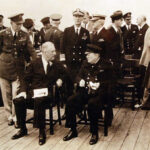
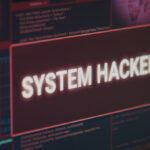
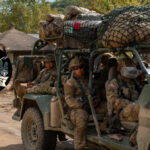
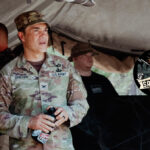
Great discussion on a timely and compelling topic!
As a graduate of the Naval War College 3-year seminar program (now called the Fleet Program), one comparatively easy-to-implement improvement for the 2-year Army “distance program” (emulating the seminar experience) could be to conduct periodic virtual meetings for distance program participants (via Teams, Zoom, or Google Hangouts, for example). This improvement, if not already in place, would make the distance program more of a hybrid experience similar to the OCVID year for the Class of 2021.
One existing advantage of the 2-year Army or 3-year Navy model is the long-term effect of reading and writing about von Clausewitz, Sun Tzu, Jomini, Mahan, and other strategists over a longer immersive period of time compared to the resident programs, which are of shorter duration and greater intensity for most but perhaps not for all participants.
Best of luck and Godspeed to Colonel Geoffrey Bailey!